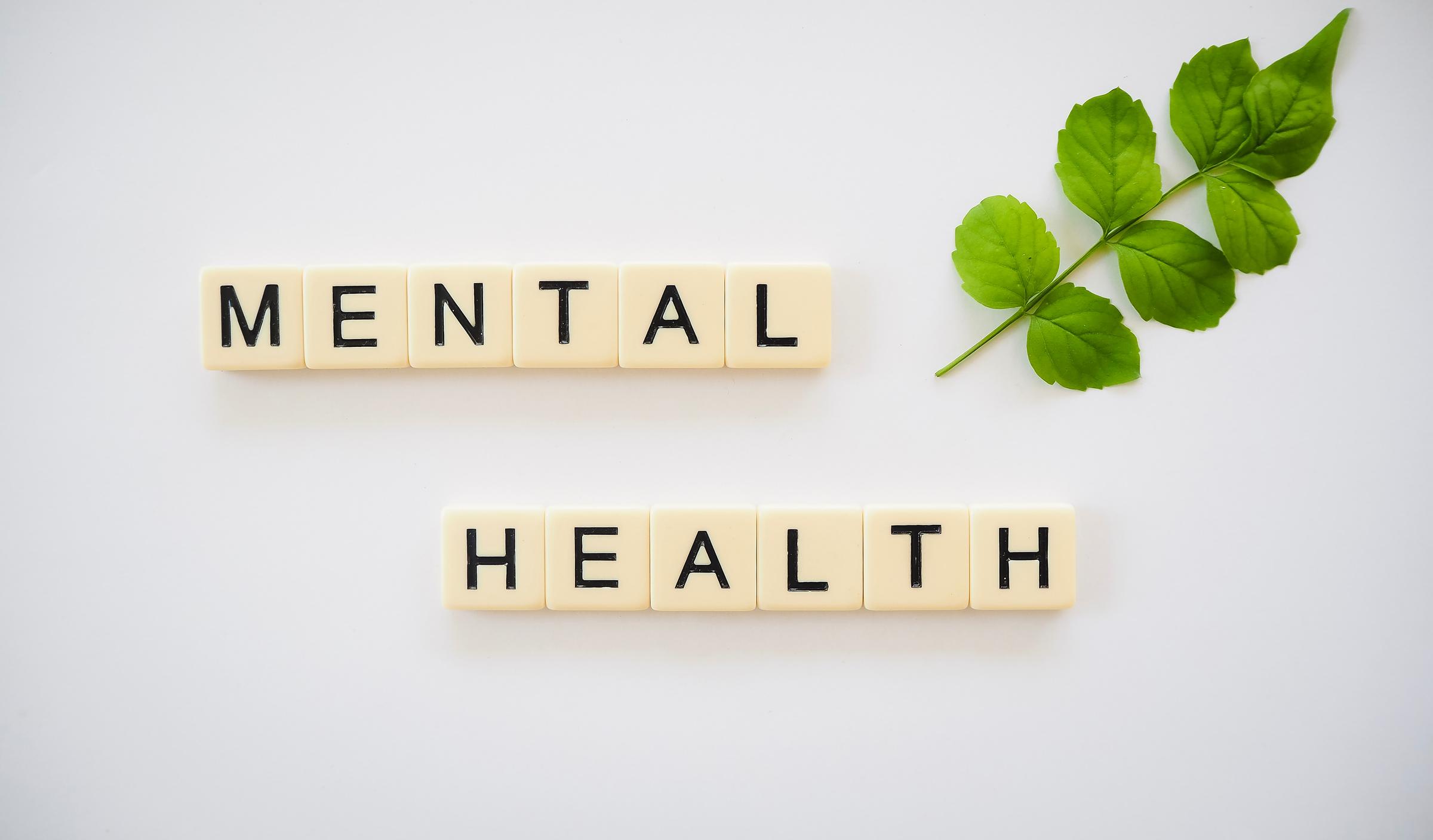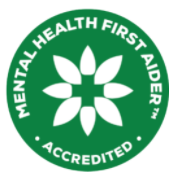Mental Health & Wellbeing Report

Dear Parents/Carers,
“The smallest act of kindness is worth more than the grandest intention”- Oscar Wilde
Gratitude is the quality of being thankful and having the readiness to show appreciation for and to return kindness.
In children, gratitude is beneficial for their mental health because it fosters positive emotions, strengthens relationships, and helps them cope with challenges. By practicing gratitude, children can learn to appreciate the good things in their lives, which can lead to increased happiness, reduced stress, and improved resilience.
Positive Emotions: Gratitude helps children focus on positive experiences and emotions, leading to increased happiness and well-being.
Stronger Relationships: Expressing gratitude to others, including family and friends, can strengthen social bonds and improve communication.
Improved Emotional Regulation: Gratitude can help children manage negative emotions and stress by shifting their focus to positive aspects of their lives.
Resilience: Practicing gratitude can help children develop a more optimistic outlook and build resilience to cope with adversity.
Increased Empathy: By reflecting on what they are thankful for, children can develop empathy and a better understanding of others' feelings.
Enhanced Self-Esteem: Focusing on positive aspects of themselves and their lives can boost a child’s self-esteem and confidence.
Improved Sleep: Gratitude practices can contribute to better sleep quality by promoting relaxation and reducing stress.
Reduced Anxiety and Depression: Research suggests that gratitude can help reduce symptoms of anxiety and depression in children.
Expressing gratitude is a skill, and just like any skill, it can be practiced! Use the following ideas to practice expressing gratitude with the whole family:
As parents, start openly modeling gratitude language. Try pointing out things you liked about your day (“I’m glad we got all green lights,” or “Wow this soup is so delicious, I’m thankful for my full tummy”).
Ask your child what they did at school today and what they are thankful for regarding their day at school.
Establish a gratitude ritual. Add expressing gratitude to your family’s routine by saying a few things everyone is grateful for around the table at dinner, in the car on the way to school or right before bedtime.
As a family, try using mindfulness or being intentional with your gratitude. Challenge yourself to notice things you’re grateful for in the moment.
As parents, model expressing gratitude for things that you might take for granted such as having a bed to sleep in, electricity, and running water.
Start a gratitude journal, tree or jar. Every day, have your family members write down something they’re grateful for in a notebook, on a leaf or on a slip of paper. Keep that notebook, tree or jar in a safe place. Weeks or months later, go back and look at everything that was written as a family.
Practice saying, “thank you.” If you are grateful for someone, tell them! Not only will it make you feel good, it will make them feel good, too.
Do an act of kindness for someone. Put gratitude into action by volunteering with an organisation, writing a thank you note or letter to a friend or family member, dropping off flowers on someone’s porch or paying for the coffee of the person behind you in line.
Our latest article from our Happy Families subscription is also attached “Protecting Childhood”.
Kind regards,
Vanessa Moore
Mental Health and Wellbeing Leader (MHWL)



